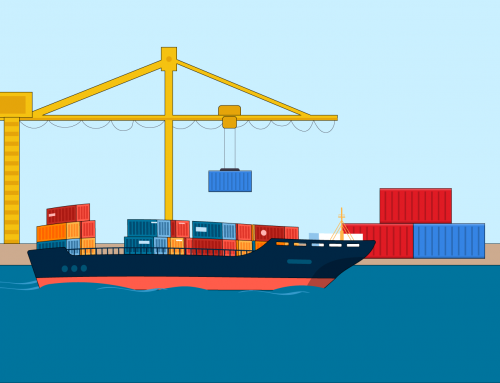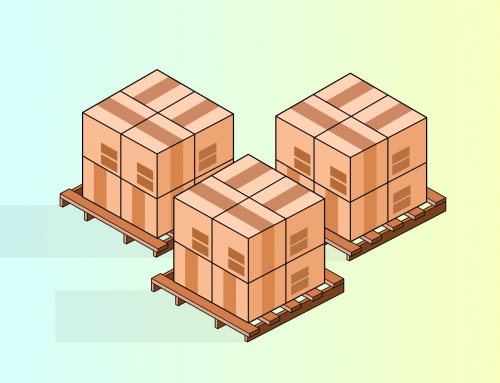Hi, I’m Geoff Runcie and I’m back with another episode of the International Trade Series. This session will focus on an “Introduction to the Mode of transport Incoterms”. What they are, how to interpret them correctly, and how to apply them. I’m joined once again by renowned global trade expert Murdo Beaton and Abdul Mann, creator of the cloud-based export solution EdgeCTP.
Today you’ll hear just one in a series of questions presented to Murdo, but if you’d like access to the entire session or future sessions there is a link here. Alternatively, feel free to drop me an email on Support or visit www.edgectp.com.
I hope you find this useful and more importantly it gives you the insight to go global.
Geoff:
Today I’d like to ask you, does the mode of transport dictate which Incoterms are used?
Murdo:
This question poses certain caution. Yes, there are certain Incoterms more appropriate to transport modes other than marine. So it is important that the term that is selected by both parties has a certain relevance to the mode of transport that they are actually going to use. If I give you an example; if the term CIF is going to be used in the transaction and the mode of transport is air freight, this could cause complications in the understanding of what actually is happening, because CIF will say that it is required of the exporter to ship the goods on board. Now when we come to an aircraft there are certain difficulties in identifying what this term might actually mean. So we have to be careful in using the terms that they actually do fit with the mode of transport we have selected. They are very versatile. Of course, they are, extremely versatile.
There are two new terms that have been introduced, Delivered at Terminal and Delivered at Place. Now both these terms can be used for marine activities, and they can be used for multi-modal transport activities, and indeed for air freight activities. So there is total versatility in the Incoterm structure, but again the parties to the contract should be selecting a term that is appropriate to the mode of transport in incoterms.

Abdul:
So in the examples that we looked at, in terms of the marine transport; FAS, FOB, CFR and CIF the one that you mentioned, would be more applicable to transportation by water as opposed to the sort of multimodal forms of transport.
Murdo:
Yes, FOB certainly because here you have a very direct marine interpretation that it’s Free On Board. One could probably say “Well we could make it Free On Board the aircraft.” but it’s not a common understanding. Now rather than having it Free On Board the aircraft, one would look for a different term that was more appropriate to that particular identification of the mode of transport.
Abdul:
So when you’re early on in the stage of defining which mode of transport in incoterms you’re going to use, what sort of way you’re going to deliver the goods and therefore which Incoterm you use will be driven from that?
Murdo:
Exactly.
Geoff:
I hope you enjoyed this audio. If you’d like more information on international trade, go to www.edgectp.com.





